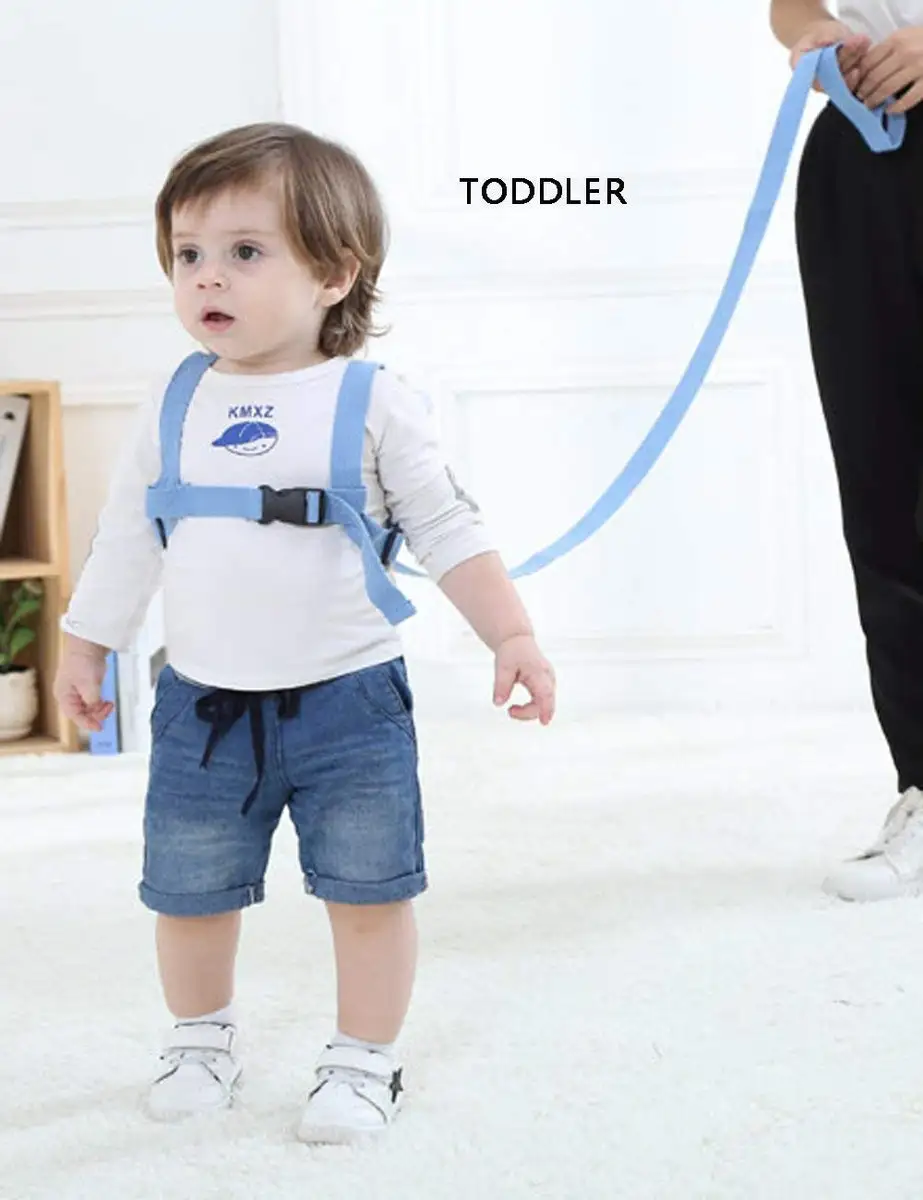

Thank you for not contributing with anything meaningful to the conversation, I guess!
Other accounts: EvilCartyen@lemmy.world


Thank you for not contributing with anything meaningful to the conversation, I guess!


I am not referring to a string you hold, I am referring to a leash like this:

I find them dehumanizing and humiliating because they remind me of a dog leash. Look, people parent differently across the world, I remember a British-Indian comedian who was married to a Dane who said that every parenting practice she regarded as healthy and appropriate was basically illegal in Denmark.
The leash will never not be weird to me, but it is what it is. I don’t think everyone who uses a leash is literally going to treat their kid like a dog, I know they probably love and cherish their kids like I cherish mine, but the fact remains that it feels off to me and I’d say most other people from my neck of the woods.


Lemmy, like reddit, skews American and you’re referring to Europe as well, Europe, which tells me you’re not European. You’re welcome to correct me, of course.
Even if you’ve seen leashes on all continents, they’re definitely super rare and not common now. If you decide to be informative instead of assertive you are welcome to educate me on your experiences and expand on which fronts exactly I am wrong and why.


One of my co-workers expatriated to Sweden for a few years. There were tweens just hopping on the bus and going to the museum miles away. But I get the feeling that one could trust the average Swede would prevent harm to a child from a pedophile.
In contrast to what many people think, Nordic people are fairly strict with what kids are allowed to do when they are small. We spend a lot of time and effort to ensure that kids are well behaved and can be trusted and don’t act out when they are small, and then, gradually, they are allowed more freedom as they grow older. By the time they’re young teenagers we generally feel like they’ve demonstrated that they can be trusted and they are often allowed to bike or take the bus around town and live with a lot more freedom.
Maybe you’re thinking “Duh, that’s how everyone does it!”, but the reason I mention it is that I’ve experienced that many cultures do it differenty; when the kids are young they are allowed a lot of freedom and very little responsibility, then as they grow older their parents will restrict them more and more. It’s pretty much the opposite of the Nordic approach.
We’re veering off course (or I am, at least), but I find the differences in parenting across cultures very fascinating.
One commenter said that the leashes are for safe toddler independence, not control, and I guess I can see that. It makes sense, even if it would be cultural taboo in my part of the world.


In the '80s and earlier, corporal punishment was regular and expected. There was a push in the '90s to stop the corporal punishment.
Corporeal punishment was outlawed in Denmark by 1997, but was definitely frowned upon much earlier than that. My grandparent’s generation - born in the 1920s and 1930s - was likely the last generation where it was commonly used.
I mean, our kids can be little brats as well - and our kids are also prone to run off and do dumb stuff, but apparently we handle it differently. And I am fairly certain that my initial reaction - that it’s dehumanizing and humiliating - is how it comes off to almost all Nordic parents.


Your American mum bringing a leash over and using it on you somewhere in Europe 51 years ago hardly makes me wrong on all fronts.


So many people on this thread are defending leashes, yet they don’t exist anywhere but in the US, so…
I have never ever seen a kid leash in Denmark or any country I have visited, and yet kids here don’t run around in stores acting out or disappearing.
I don’t know, they seem dehumanizing and humiliating to me. If other countries can raise kids (incl kids on the spectrum) without them why can’t the US?
I am impressed by this


I inherited the thing because I found it in my grandma’s closet when I was 6 and helping her clean her room. I asked her who owned it, and she said it was my dead grandpa’s violin. So I asked again, then who’s is it? She thought about it and said “I dunno, I guess whichever of you grandkids learns to play it first.”
Have you had it insured? I see they go for roughly 20.000 to 150.000 USD, so I assume it’s an ‘of course I have’ moment, but you seem to be quite nonchalant with it so far :D


Expensive piece of kit! I assume you’re a professional musician?


No problem, it’s a common misconception👌 have a nice day!


Sure, but what the hell does that have to do with Denmark? The Dutch live in the Netherlands - totally different culture, language, history. I don’t think we Danes have invented ANY novel form of financial instrument or financial system.


I can’t hear you over the sound of your shitty copper, Ea-Nasir!


I… Think that’s the UK you’re thinking about.
So sorry about your wife’s battery


Well, yes, most people want computers to be unnoticable and boring. I agree, we need more boring tech that just does a job and doesn’t bother us. That said, plenty of people find self-hosting to be fun - your SO and mine excepted, of course.
Calico, maybe 🙂
Obviously babies are demanding, especially in countries with shitty parenting support and daycare, no parental leave, and a work environment which is hostile to normal family life. But kids are fine, funny, and a joy to be around, most of the time, at least. It’s a bit like work, many people bitch about it but they still find it fulfilling.
Also, I know people my age with no kids and they a constantly complain that they’re tired 😂 probably they’re just getting old.
Taking care of a kid is not exactly grueling work for 18 years, it’s a lot easier after the first 3-4, and is also very fulfilling even when it’s tough. Assuming you have normal human caregiving feelings and so on.
I don’t know why the internet is so anti-kids, it’s pretty baffling.
My wife worked for Siemens-Gamesa for a long time, and German managers were always surprised how the Danes would just straight up decline meetings after 16 and leave early if they had to pick up kids.
They didn’t worry about that at all, of course, because their wives generally didn’t work full time.